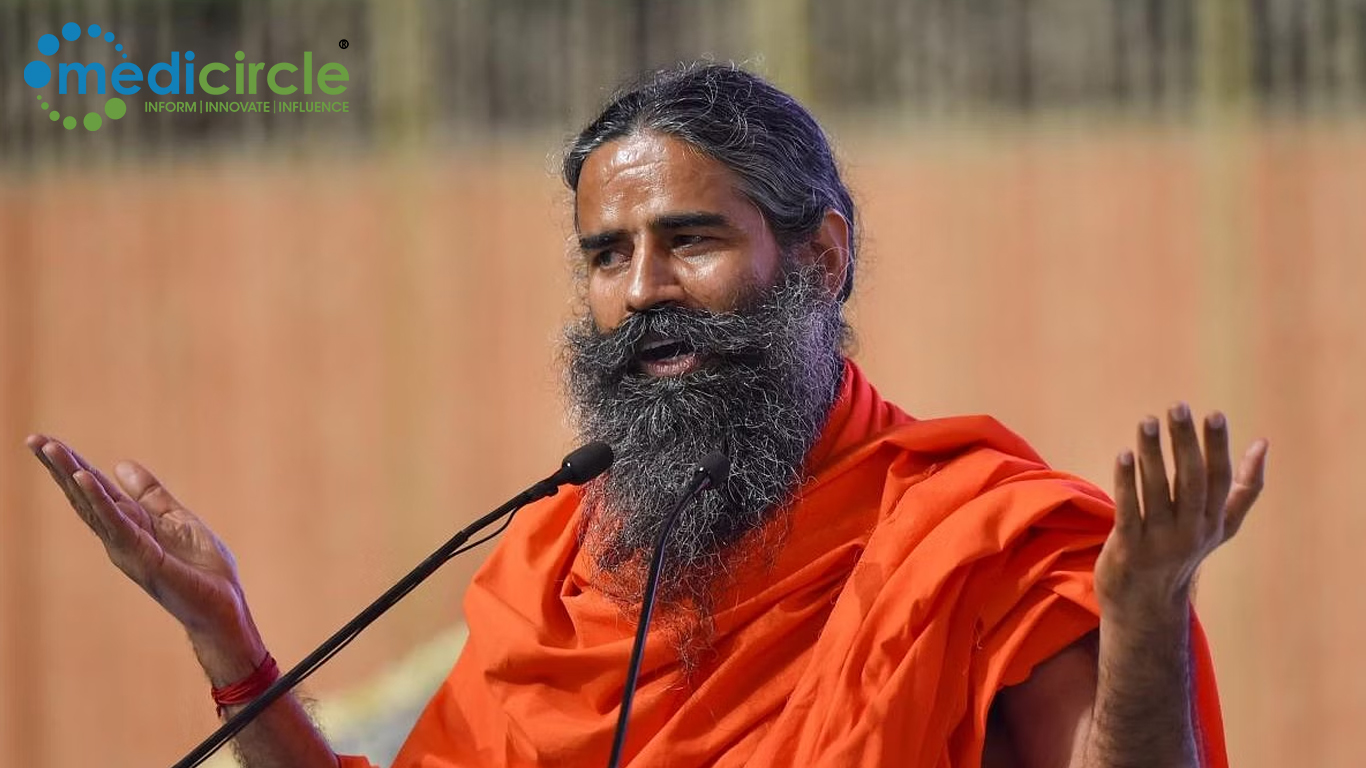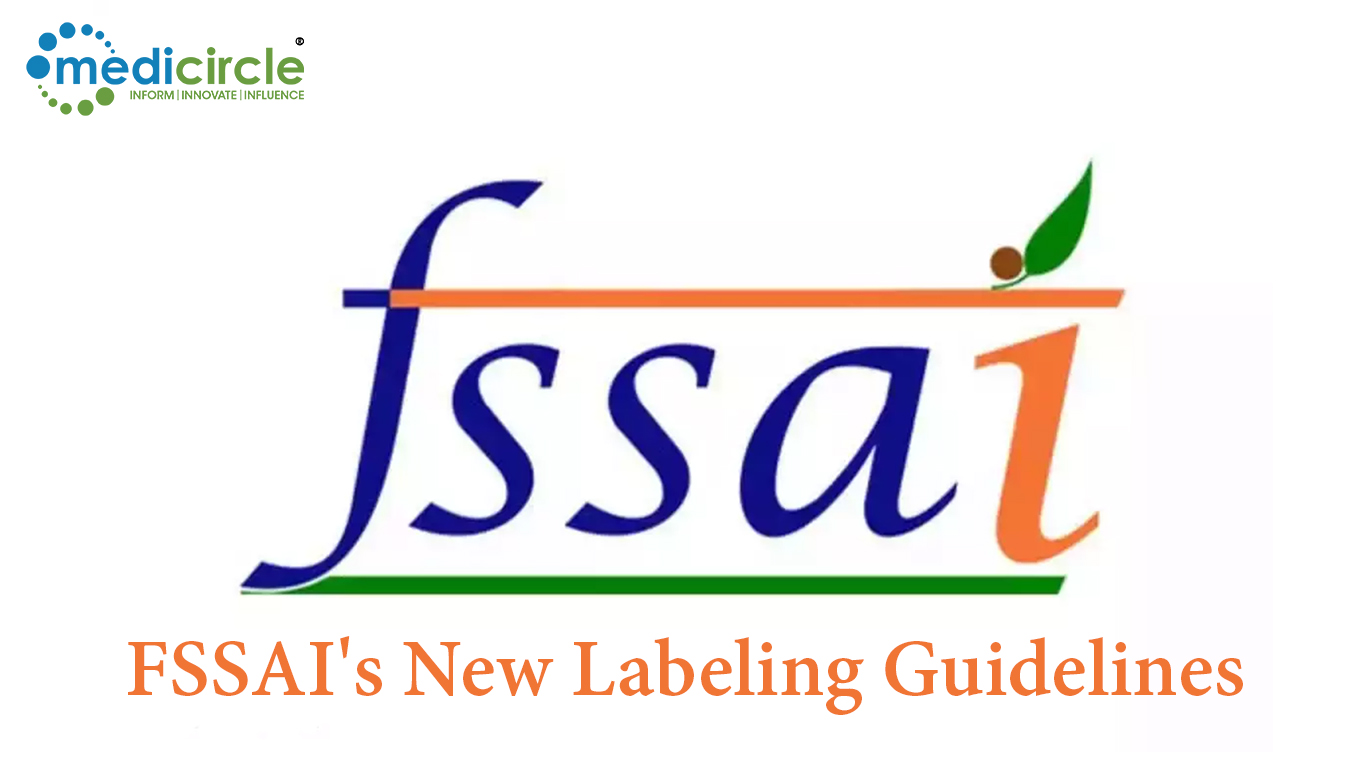In recent years, a growing body of evidence suggests that adequate levels of Vitamin D may play a vital role in preventing heart attacks. This is particularly significant for the Indian population, which has a high prevalence of cardiovascular disease. Let's dive into the importance of Vitamin D and explore how its consumption can contribute to reducing the risk of heart attacks among Indians.
Understanding Vitamin D
Vitamin D, often referred to as the "sunshine vitamin," is a fat-soluble nutrient that is primarily synthesized in the skin when exposed to sunlight. It can also be obtained through certain foods and supplements. Vitamin D is crucial for maintaining optimal bone health and supporting the functioning of the immune system. However, recent studies have highlighted its potential role in cardiovascular health.
Vitamin D Deficiency in India
India is a country with abundant sunlight, yet, Vitamin D deficiency is widespread among its population. This can be attributed to several factors, including lifestyle changes, urbanization, and increased indoor activities.
Vitamin D and Heart Health
Research has shown a strong relationship between Vitamin D deficiency and an increased risk of cardiovascular diseases, including heart attacks. Vitamin D plays a crucial role in regulating blood pressure, reducing inflammation, improving insulin sensitivity, and maintaining a healthy cholesterol balance. Deficiency in Vitamin D has been associated with an elevated risk of hypertension, diabetes, and dyslipidemia, all of which are risk factors for heart disease.
Preventing Heart Attacks with Vitamin D
Consuming an adequate amount of Vitamin D can significantly contribute to preventing heart attacks. Studies have shown that individuals with sufficient levels of Vitamin D have a reduced risk of developing coronary artery disease, experiencing heart attacks, and suffering from related complications. Supplementing with Vitamin D, when necessary, along with maintaining a healthy lifestyle, can effectively reduce cardiovascular risk.
Sources of Vitamin D
While sunlight is the primary source of Vitamin D, obtaining it solely from sunlight may be challenging due to various factors. Therefore, it is crucial to incorporate other sources into the diet. Foods rich in Vitamin D include fatty fish like salmon and mackerel, fortified dairy products, eggs, and mushrooms. In some cases, supplements may be recommended to achieve optimal levels, especially for individuals at higher risk.
Vitamin D deficiency is a significant concern in India, and it is essential to recognize its potential impact on cardiovascular health. By understanding the importance of Vitamin D and adopting strategies to maintain optimal levels, we can potentially reduce the risk of heart attacks among the Indian population. However, consulting with healthcare professionals before starting any supplementation regimen is always advisable. Remember, a holistic approach to heart health, including a balanced diet, regular physical activity, and adequate Vitamin D levels, can go a long way in preventing heart disease and promoting overall well-being

 Vitamin D deficiency is a significant concern in India, and it is important to recognize its potential impact on cardiovascular health. By understanding the importance of Vitamin D and adopting strategies to maintain optimal levels, we can potentially reduce the risk of heart attacks among the Indian population.
Vitamin D deficiency is a significant concern in India, and it is important to recognize its potential impact on cardiovascular health. By understanding the importance of Vitamin D and adopting strategies to maintain optimal levels, we can potentially reduce the risk of heart attacks among the Indian population.






.png)
.png)
.png)
.png)










.jpeg)

.jpeg)










.jpg)




.jpg)

